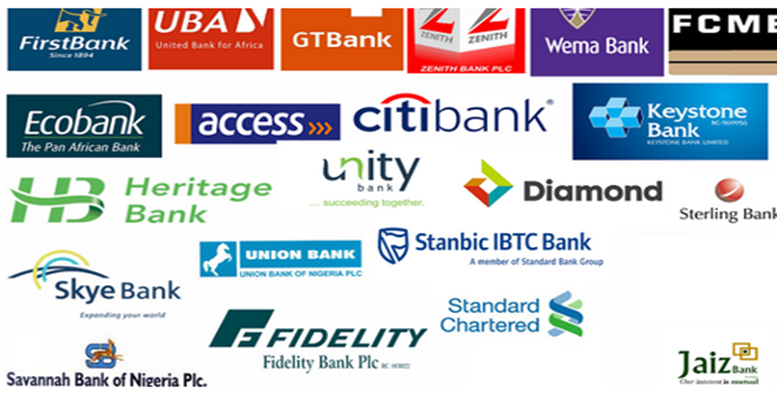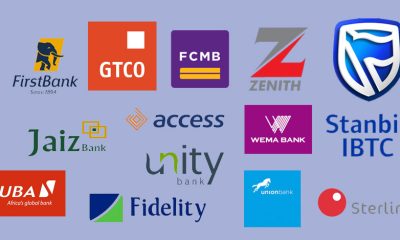As part of an attempt by the Central Bank of Nigeria to track flow of forex within the banking system, banks’ customers can no longer make instant online transfers out of their domiciliary accounts without proper documentation.
Before now, all a customer had to do was log into their banking application on their mobile phone or via a browser to make transfers without the need to provide any documentation.
However, in emails sent to customers by banks, customers are now required to provide invoices, Bills and Demand Notes before the transfers are allowed to proceed.
The emails sent to customers read, “This is to inform you that instant completion for international transfers on our digital platforms will cease from March 20, 2021. All international third-party transfers initiated on any of our digital channels will be completed at the back office after receipt of relevant supporting documents. Kindly ensure you send relevant supporting documents for your international transfers immediately and the transaction is initiated online to……….”
The bank also advised its customers on the type of supporting documents required as follows; “Samples of supporting documents to be provided for international transfers to third parties are; Invoices; Bills; Demand Notes, etc
“For Medical, insurance, school fees, subscriptions and other similar invisible payments. For transparency and in line with CBN eligibility requirements, purpose of payment must be clearly indicated for all international transfers in the narration section provided.”
The advice from the bank also informed its customers that transfers that do not include the supporting documents listed above will be rejected after the assigned cut off time.
Investigation shows that the rule applies only to online transfers outside of a bank using your mobile app or internet banking, as no supporting document is required to make transfers from individual customers’ personal account to another personal account or from one company account to the same account overseas.
However, the new rule will apply if the transfer is between a customer’s account and a third party account abroad.
The new rule, it was gathered, will affect how people transfer forex from one account to another and will impact everything from account owners transferring money to their spouses, siblings, or family members, payment of invoices, and other forms of online transfer that did not need documentation.
Millions of dollars of transactions occur on a daily basis outside the banking system as Nigerians prefer to transact foreign exchange at black market rates rather than the official rates which they do not believe reflects the true value of the exchange rate.

 Health5 days ago
Health5 days ago
 Entertainment6 days ago
Entertainment6 days ago
 Crime5 days ago
Crime5 days ago
 Education7 days ago
Education7 days ago
 Health7 days ago
Health7 days ago
 Comments and Issues6 days ago
Comments and Issues6 days ago
 Football6 days ago
Football6 days ago
 Latest6 days ago
Latest6 days ago













